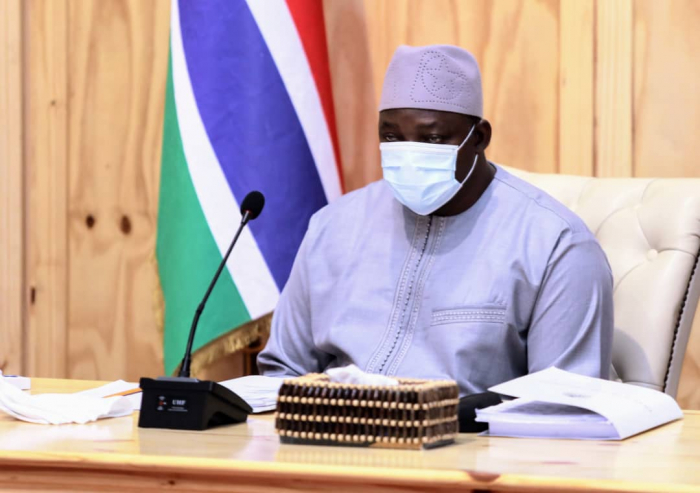
The sanctions in essence will include increasing the fee for Schengen visas, and extending or lifting the 15-day limit on the processing of visa applications to longer periods. The new restrictions are targeting government officials who wish to travel to Europe for business, medical or leisure purposes.
According to a statement from the European Union following their video conference held on Friday, March 12, the EU Interior Ministers discussed the improvement of cooperation with third countries on return and re-admission of illegal migrants.
Present at the meeting was also the German Federal Minister of the Interior Seehofer, who also supported the proposal, among other EU member state’s Interior Ministers. Minister Seehofer especially insisted that migration policy is not “a one-way street.”
“If countries do not cooperate on repatriation, there must be consequences. Those who do not take back their own citizens cannot expect any visa facilitation,” the German Minister argued throughout the meeting.
In November 2020, a Gambian paper reported that the EU had threatened visa sanctions against The Gambia if the country did not cooperate on migrant returnees’ agreement as the two countries signed earlier. The Gambia government did not make any public statement on the matter since then.
Now, it is official. Once described by international relation analysts as one of the EU’s favorites after the change of government, The Gambia managed to end up on the list of 13 countries on which the EU will apply visa leverage.
However, the restrictions would not apply until the summer, when an assessment will be conducted on which countries show positive evidence of cooperation in the implementation of the signed agreement.
This means that visa sanctions will not be applied in summer if until then, The Gambia allows more of Gambian citizens in the EU to be subject to force-returns under international law.
According to a German newspaper, Die Welt, the targeted countries were on a list drafted by the European Commission.
The states’ willingness to follow international law and take back their citizens is “inadequate,” the document stated. This applies in particular to rejected asylum-seekers, according to the report.
A spokeswoman for the European Commission told the German news agency, DPA, that it was not possible to confirm which countries were facing such scrutiny.
But, according to Die Welt, EU officials want to “start a dialogue” with Iraq, Iran, Libya, Senegal, Somalia, Mali, Gambia, Cameroon, the Republic of Congo, Egypt, Eritrea, Ethiopia and Guinea-Bissau.
“The whole purpose of the visa leverage is to hurt the elite of the country so that they show more cooperation on the issue of readmission,” diplomatic sources told The Point on Monday.
“If the government does not improve the cooperation on readmission, it is very likely that the European Union will even tighten the issue of visa, which will even hurt The Gambia more. At the end, the government is now between a rock and a hard place. Barrow is now in Catch 22 situation,” said our source.




